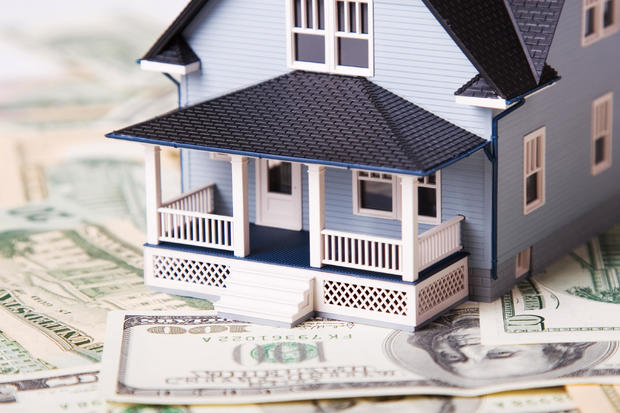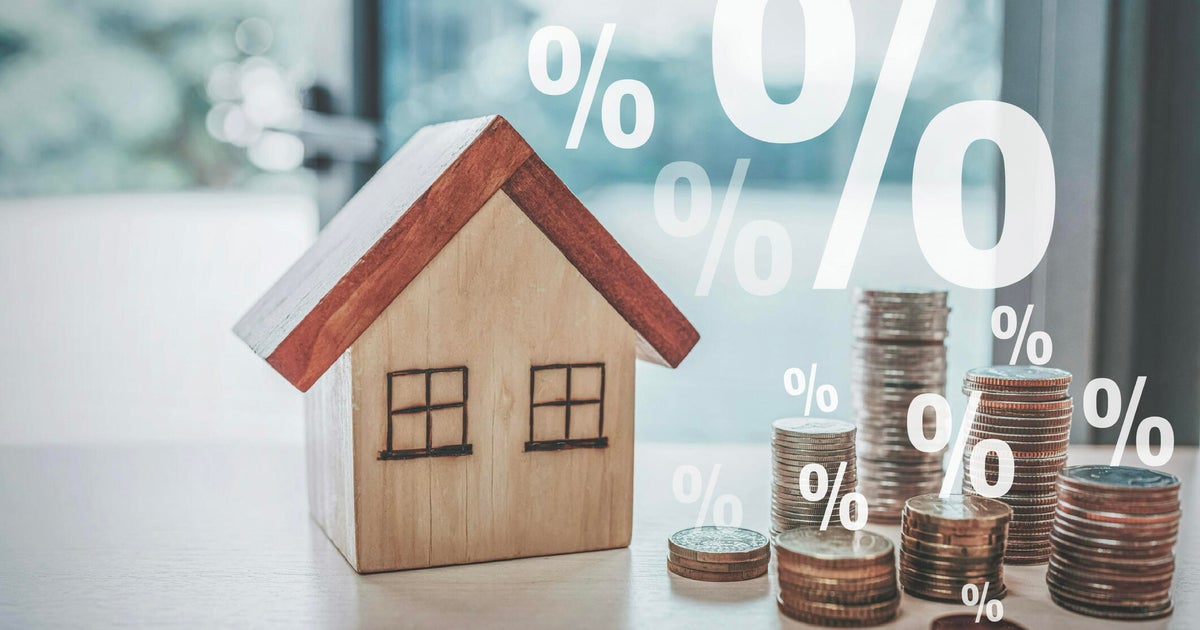3 signs it's time to refinance your home equity loan
Home equity loans are one of the most popular ways to access equity in the United States. So, if you've tapped into your equity within the last decade or so, you may be making payments on one. But, like other types of loans, it's possible to refinance those you take out against your equity. And, there are many reasons you may be wondering if it's time to refinance yours. Below, we'll break down three indicators that it may be time to complete a home equity loan refinance.
Compare leading home equity loans now.
3 signs it's time to refinance your home equity loan
Refinancing your home equity loan is a decision that's worth thoughtful consideration. After all, these loans are backed by your house. And, when you refinance yours, you'll replace the terms of your current loan with the terms of the new one. But, there are times when it makes sense to refinance this type of loan. Here are three signs that now may be one of those times for you:
A lower interest rate is available
One popular reason to refinance any loan, including home equity loans, is to get a lower interest rate. And, depending on when you took yours out, a lower rate may be available right now.
For example, if you took a 15-year home equity loan out in early November of 2023, the interest rate on your loan is probably somewhere around 9.13% - the average 15-year home equity loan interest rate as of November 1, 2023, according to Bankrate.
But, today's average interest rate represents a meaningful reduction. The average rate on a 15-year home equity loan is currently 8.73%. That's 0.40% lower.
To put that into perspective, if you were to take a 15-year $50,000 home equity loan out at 9.13% interest, your monthly payments would be $511.01 and you would pay a total of $41,981.31 in interest by the time you paid the loan off. But, if you were to take a 15-year $50,000 home equity loan out at 8.73% interest, your monthly payments would be $499.13 and you would pay a total of $39,844.11 in interest while you pay your loan off.
So, refinancing your $50,000 loan could save you $11.88 per month and $2,137.20 over the life of the loan. And, if you're refinancing a larger loan, your savings could be even greater.
"Even if you may not have paid the balance down much, the appreciation in the home value alone might make you eligible to get better terms," says Darren Tooley, senior loan officer at the financial services company, Cornerstone Financial Services.
You may qualify for a better rate if you've improved your credit score, too. "Home equity loans are second mortgages, which means they are riskier loans for lenders and banks, so they penalize those with less-than-perfect credit," Tooley says. "Even a modest increase in your credit score could lead to a much lower rate."
Find out if you qualify for a lower home equity loan interest rate now.
You want to rework your payment term
Lower interest may not be the only sign that it's time to refinance your home equity loan. Another one is that you're not happy with the current term of your loan. Maybe you took out a 15-year loan and you'd like to pay it off faster. Or maybe you took out a 10-year loan and your payments are too high. In either case, refinancing your loan could help.
Obviously, if you refinance a longer term for a shorter term, you'll pay your loan off faster. But, what if you need to change your term to save money? How much could you save on a $50,000 home equity loan monthly by adjusting your term from 10 years to 15 years? Here's what the difference in your monthly payments would be:
- 10-year $50,000 home equity loan: The average 10-year home equity loan currently comes with an 8.74% interest rate. At that rate, your monthly payments would be $626.36.
- 15-year $50,000 home equity loan: Americans are currently paying an average 8.73% interest rate on 15-year home equity loans. At that rate, your monthly payments would be $499.13.
- Total monthly savings: You would save $127.23 per month by refinancing with a longer term. And, that monthly savings could be larger if you owe more than $50,000 on your home equity loan. But, keep in mind that longer terms will typically lead to a larger overall interest expense.
You need access to more equity
If you're in need of more access to your home equity, it may mean it's time to refinance your loan. After all, if you take out a second home equity loan, you could end up with three house payments - your mortgage as well as your first and second home equity loan payments.
Instead of adding a third payment to your monthly obligations, consider refinancing your home equity loan with one of a higher face value.
For example, say you owe $50,000, but you need an additional $25,000. In this case, you could refinance your loan with a new $75,000 amount. This would give you enough money to pay off your first loan while giving you access to an additional $25,000 worth of equity.
Get access to more equity by refinancing your home equity loan today.
The bottom line
There are multiple signs that it may be time to refinance your home equity loan. If a lower interest rate is available, taking advantage of it could be a good idea. Moreover, refinancing your loan could give you the ability to rework your payment terms and access more equity if you need it. Compare leading home equity lenders now.




